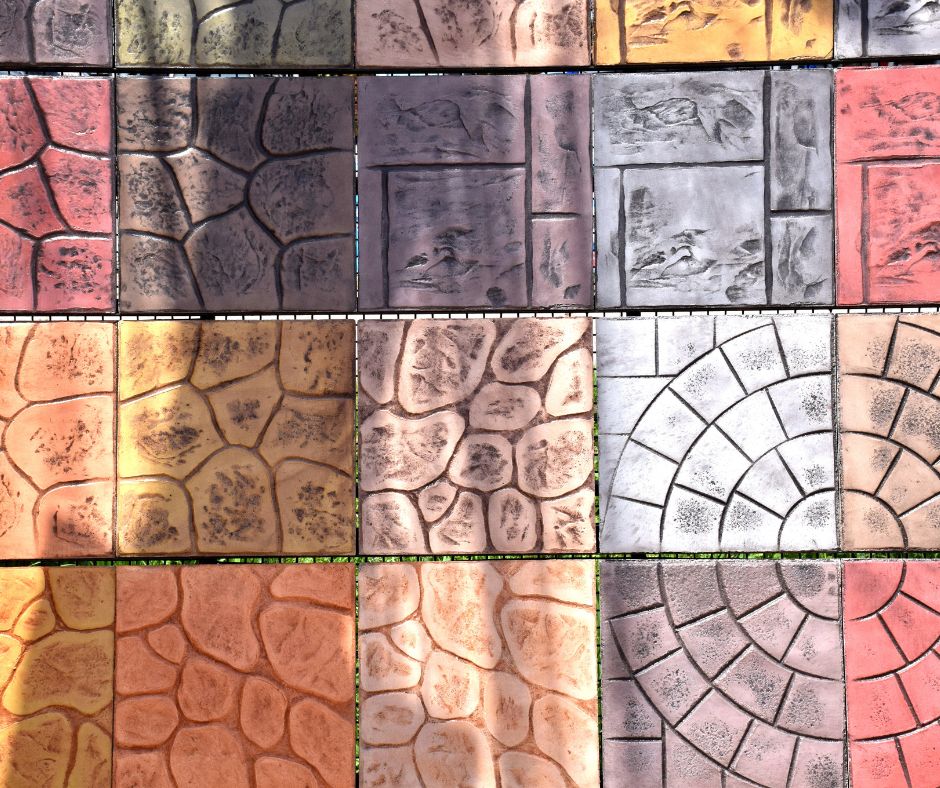Concrete is a construction material composed of cement, aggregate, and water. Concrete is used in a variety of applications, including sidewalks, driveways, and foundations. Concrete is a strong and durable material that can withstand heavy traffic and weather extremes. It is easy to maintain and can last for decades with proper care. Concrete is an excellent choice for any construction project.
Concrete is one of the most widely used building materials in the world. It is a composite material made of aggregate, binding agent, and water. The history of concrete can be traced back to the Roman Empire, where it was first used for public works projects such as roads and aqueducts. The use of concrete continued to spread throughout Europe and Asia, and by the 19th century, it had become the preferred material for construction in the United States. The early 20th century saw the development of new types of concrete, including reinforced concrete and pre-stressed concrete. Today, concrete is an essential part of modern construction, and its popularity shows no signs of waning. Thanks to its durability, versatility, and affordability, concrete will continue to be one of the most widely used building materials for many years to come.
There are many types of concrete, each with different properties and applications. The most common types are Portland cement, fly ash, slag cement, and masonry cement.
Portland cement is the most widely used type of cement in concrete. It is a basic ingredient of concrete, mortar, and stucco. Portland cement is produced by crushing and grinding clinker (a limestone-like material) and adding gypsum.
Fly ash is a byproduct of coal combustion and is often used as a partial substitution for Portland cement. It improves the workability of concrete and decreases water demand.
Slag cement is a byproduct of steel production. It can be used to replace a portion of the Portland cement in concrete. Slag cement improves the durability of concrete and resistance to sulphate attack.
Masonry cement is an alternative to Portland cement for mortar and stucco. It is produced from a limestone and clay slurry, instead of clinker. It has similar characteristics to Portland cement but is more expensive.
Benefits of Concrete
Concrete is one of the most popular construction materials worldwide. It is strong, durable, and versatile, making it ideal for a wide range of applications. Concrete is also relatively easy to produce and install, which further contributes to its popularity. There are many benefits of concrete that make it an excellent choice for both residential and commercial construction projects. Perhaps the most significant benefit is its strength.
Concrete is extremely strong in compression, meaning it can withstand a great deal of weight or force without breaking. This makes it ideal for foundations, load-bearing walls, and other structural elements.
Concrete is also very durable, meaning it will not rot, corrode, or be damaged by pests or other environmental factors. This makes it an excellent choice for outdoor applications such as driveways, patios, and sidewalks. Concrete is also extremely versatile and can be moulded into many different shapes. This means it can be made to fit any design or style, from sleek modern to traditional. It comes in a wide range of colours and patterns, so you can even add decorative touches such as mosaic tile or pavers.


